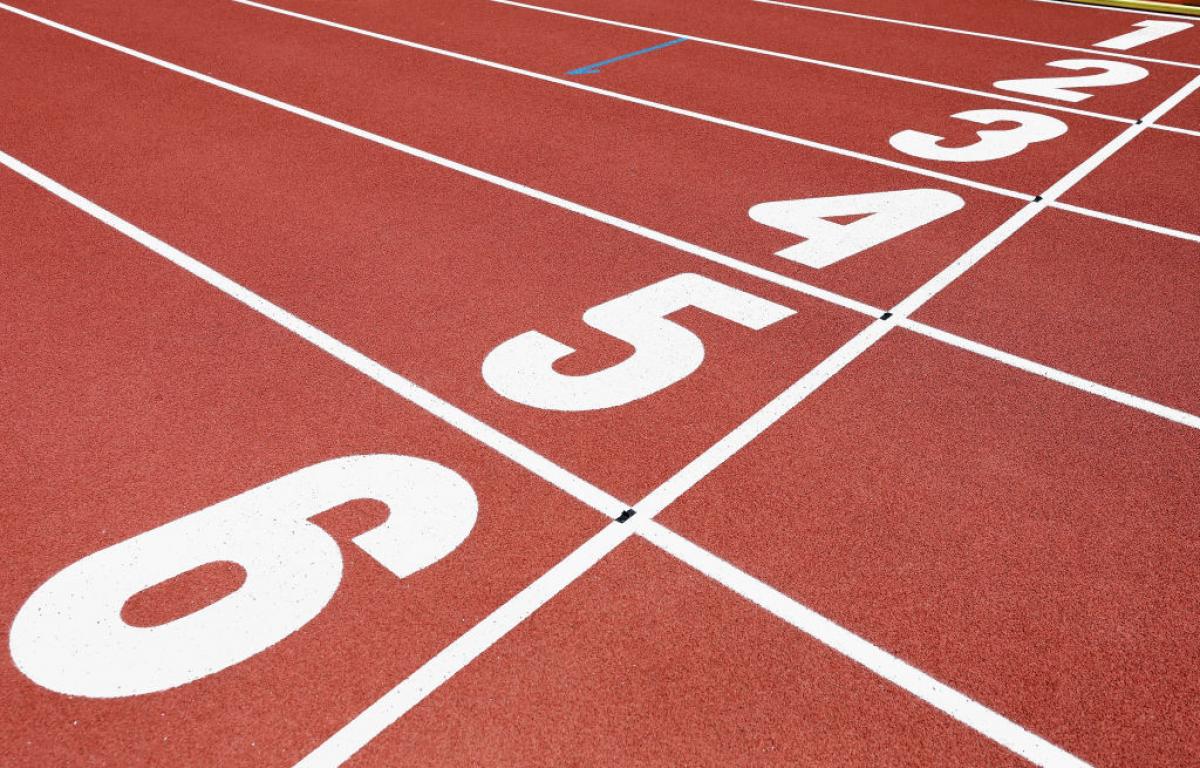Para athlete Kilinc Cirakoglu receives three-year ban for anti-doping rule violation
Turkish Para athletics runner returned adverse analytical finding (AAF) for a Prohibited Substance in a sample provided out-of-competition 14 Nov 2022
The International Paralympic Committee (IPC) has banned Para athletics athlete Sevda Kilinc Cirakoglu for a period of three years for committing an anti-doping rule violation (ADRV).
The Turkish athlete returned an adverse analytical finding (AAF) for a Prohibited Substance in a urine sample provided out-of-competition on 31 May 2021.
The substance was metenolone and its metabolite. The substance is included on the World Anti-Doping Agency (WADA) 2021 Prohibited List under the class S1.1 Anabolic Androgenic Steroids.
The athlete accepted the commission of the ADRV and the consequences proposed by the IPC. As a result of her violation, Kilinc Cirakoglu will be ineligible for competition for three years from 21 July 2021 to 20 July 2024.
The results obtained by the Athlete from the date the Sample was collected will also be disqualified, with all resulting Consequences, including forfeiture of any medals, points and prizes.
Each athlete is strictly liable for the substances found in his or her sample. An ADRV occurs whenever a prohibited substance (or its metabolites or markers) is found in his or her bodily specimen, whether or not the athlete intentionally or unintentionally used a prohibited substance or was negligent or otherwise at fault.
As a signatory of the World Anti-Doping Code (the WADC), the IPC remains committed to a doping-free sporting environment at all levels. The IPC has established the IPC Anti-Doping Code (Code) in compliance with the general principles of the WADC, including the WADC International Standards, expecting that, in the spirit of sport, it will lead the fight against doping in sport for Athletes with an impairment.




